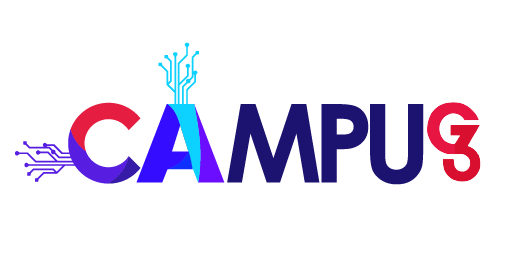Artificial Intelligence (AI) has become one of the most promising and disruptive technologies of our era, transforming industries and redefining our interaction with the digital world. However, amid all the hype, a crucial question remains: Is AI really the panacea for all our challenges? To answer this question objectively, it is necessary to examine both the advantages and challenges presented by this revolutionary advance.
The advantages of AI are undeniable and far-reaching. In terms of efficiency and productivity, AI has demonstrated an impressive ability to process large amounts of data and perform repetitive tasks at a speed that far exceeds human capabilities. This efficiency translates into greater precision in fields as diverse as medical diagnostics or quality control in manufacturing, where AI often outperforms human performance.
Additionally, the constant availability of AI systems enables uninterrupted operations in various sectors, from customer service to security monitoring. Perhaps most exciting is AI’s role as a catalyst for innovation, driving significant advances in areas such as personalized medicine, autonomous vehicles and renewable energy optimization.
However, the AI landscape is not without significant challenges and limitations. One of the most pressing issues is the potential for AI to perpetuate or even amplify existing biases if it is not designed and trained with due care. This issue underscores the critical need for diversity and ethical awareness in the development of AI systems.
Another significant challenge lies in AI’s limited ability to fully understand human context and emotions, a crucial factor in many interactions, especially in fields such as healthcare or customer service. Additionally, there is growing concern about possible over-reliance on technology, which could lead to a loss of critical human skills in the long term.
Security and privacy issues are also at the center of the AI debate. The massive use of personal data required to train and operate many AI systems raises serious concerns about the protection of personal information and the possibility of its misuse.
We can also add that AI is not the most appropriate option when complex ethical judgment, radical creativity and innovation, deep and empathetic human interactions, or decision-making in unprecedented situations are required. These areas remain the domain of human cognition, highlighting the importance of a balanced approach in AI implementation.
So when is AI really the best solution? AI demonstrates its value most clearly in situations that involve analyzing large volumes of data, executing well-defined and repetitive tasks, making predictions based on historical patterns, and optimizing complex processes. In these scenarios, AI not only improves efficiency, but can also uncover insights that might go unnoticed by the human eye. The key to effectively harnessing the potential of AI lies in recognizing that it is a powerful tool, but not a universal panacea. A balanced approach involves fostering collaboration between humans and AI, combining the analytical and processing strengths of AI with human intuition, creativity, and ethical judgment.
In parallel, it is crucial to invest in education and adaptation to prepare society to work alongside AI, rather than be replaced by it. This goes hand in hand with the development and application of robust ethical frameworks that guide the responsible design and use of AI.
In conclusion, AI is not inherently the best solution for every problem, but it is an incredibly powerful tool when applied properly. Its true potential is realized when it complements and augments human capabilities, rather than attempting to replace them entirely. As we move forward in this era of rapid technological development, it is essential to maintain an open and critical dialogue about the benefits and risks of AI, ensuring that its development and application are aligned with our values and needs as a society. The question should not be whether AI is the best solution in absolute terms, but how we can responsibly and effectively integrate it into our lives and work to create a more prosperous and equitable future for all.






